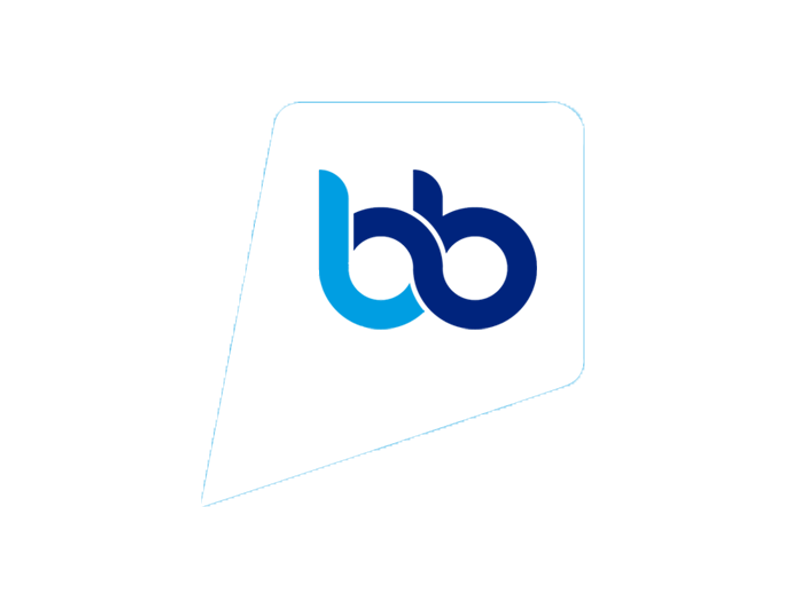Time to re-evaluate our Curriculum
Member Views is a series of opinion pieces written by Blue Beyond members.
The other day, I saw a headline saying that all children should have to study at least one foreign language at school, up to the age of 16. It got me thinking about my own experiences. I remember going through both French and German classes at school, but mostly I recalled how I was taught a lot of genuinely pointless information.
For anyone who has studied a Modern Foreign Language (MFL) at school, it’s quite common to learn how to say: “my eyes are [insert colour]” and “my hair is [insert another colour]”. This one perplexes me. If you meet me, you can see and judge for yourself what colour my eyes and hair are. Only blind people will not be able to see this. This begs the question: what are the chances that I will meet someone who can’t speak English, but does speak French or German, is blind, but will want to know what colour my eyes and hair are?
Appreciating that I completed my GCSE’s almost eight years ago, I decided to see what my old exam boards' current curriculum for GCSE French and German consists of. Although I am pleased to see that the exams themselves have become more rigorous, a sentiment also expressed to me by a teacher I spoke to while writing this piece; there is still quite a bit to be desired in the curriculum overall. There is the option of teaching students about charity and voluntary work. I imagine that those who study this topic will have to put a considerable amount of time and effort into learning the vocabulary associated with it, but why do they need to be able to discuss this in French?
That was several years ago now. Last year, I went on holiday to Japan. I had heard that a lot of Japanese people couldn’t speak English, so I decided to try and learn some basic Japanese. I did this primarily by downloading an app onto my phone, but I also watched some educational videos online. I learnt all sorts of useful phrases such as: “Where’s the toilet?”, “Excuse me!”, and “This one please!”. I genuinely found the words and phrases I learnt to be far more helpful than what was on the GCSE curriculum.
This isn’t just an issue with languages, however. Although Science and Maths are held in high regard by many (and rightly so!), I personally found a lot of what I was taught to be irrelevant to my daily life after I stopped studying them at the age of 16. I met a former Science teacher of mine a few years later, and even she admitted a lot of what I was being taught was unnecessary. If I were to resit a GCSE Maths exam and any of the Science exams today, I’d likely fail them all. It’s hard to retain the information I was taught almost eight years ago when you seldom use it. This is not to bash Maths and Science; it’s just a simple reality that a lot of it is just unnecessary information unless you pursue a career in these fields. Perhaps a more worthwhile activity in Maths would be to learn how tax works. Most GCSE Maths students will have to pay income tax one day, so why not teach them about it? The growth of the gig economy means that more and more of our young people will be effectively self-employed and will, therefore, need to sort out their tax affairs, making taxation education a useful addition to the curriculum.
I genuinely believe that a lot of my time in education was wasted on useless information. It is unfair for our young people to waste their time, and indeed the teachers, on learning about things that will not be beneficial to them once they leave school.
Charlie Sherwood
"Day 23 - Exam hall" by jackhynes is licensed under CC BY-NC-SA 2.0
